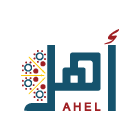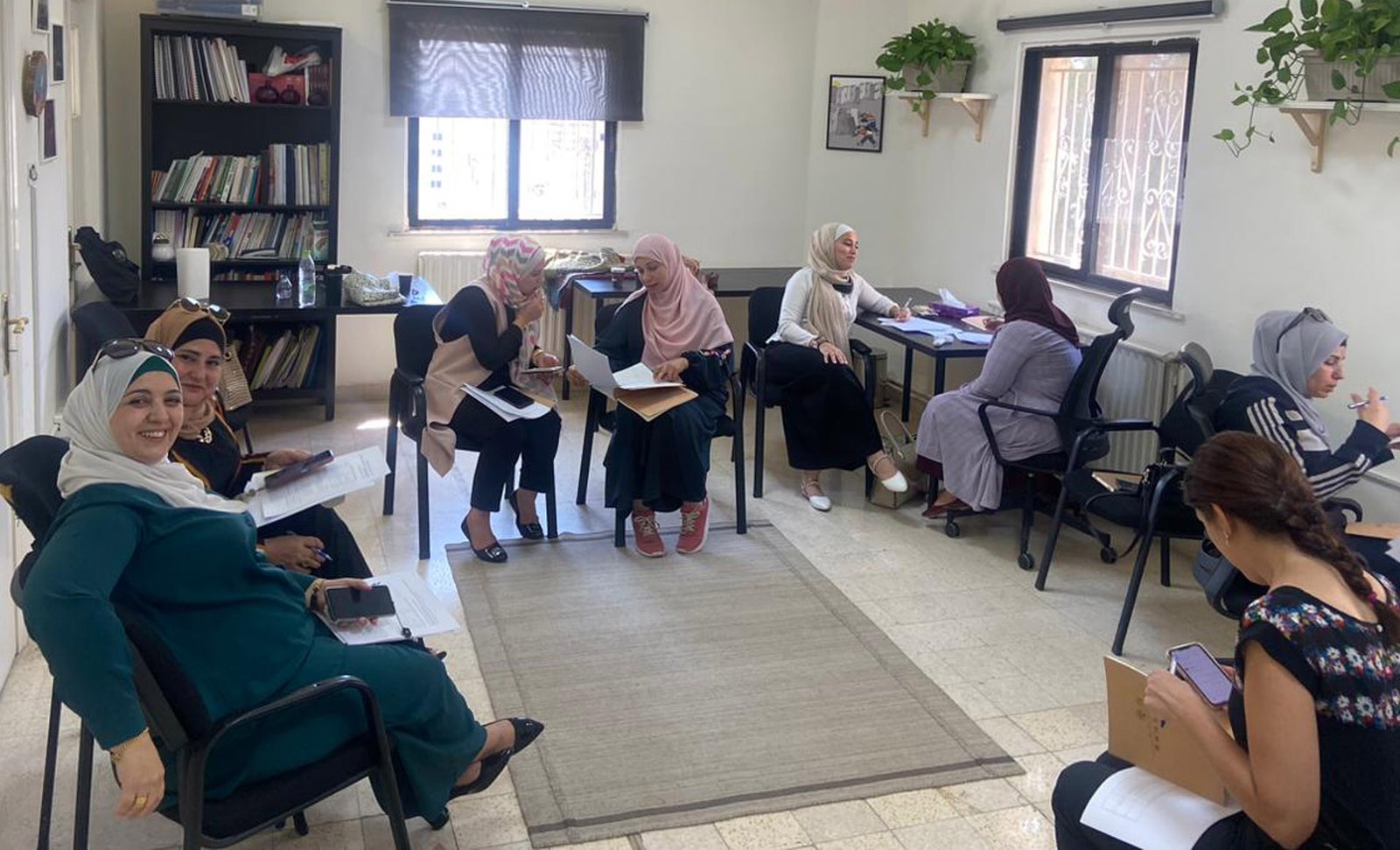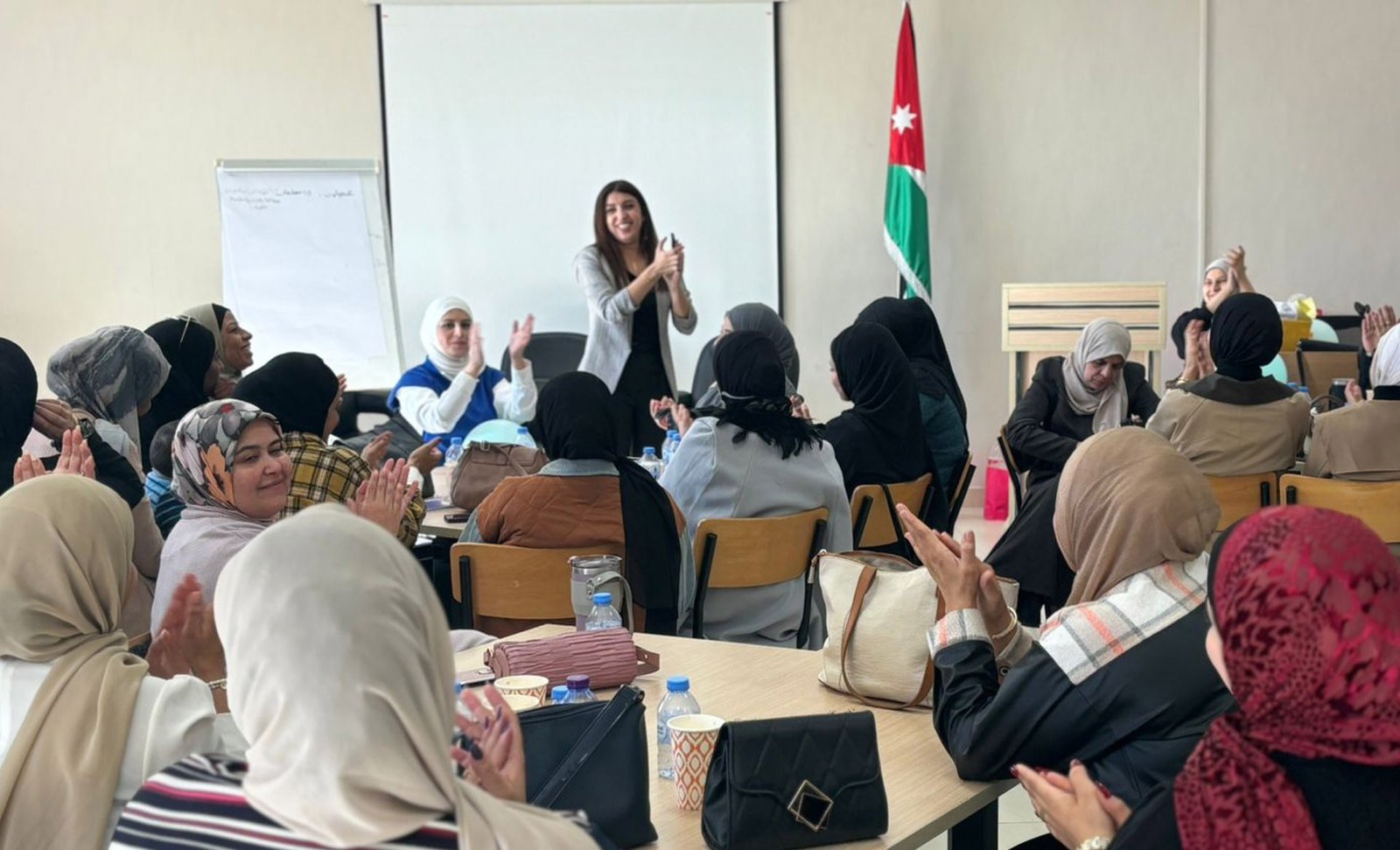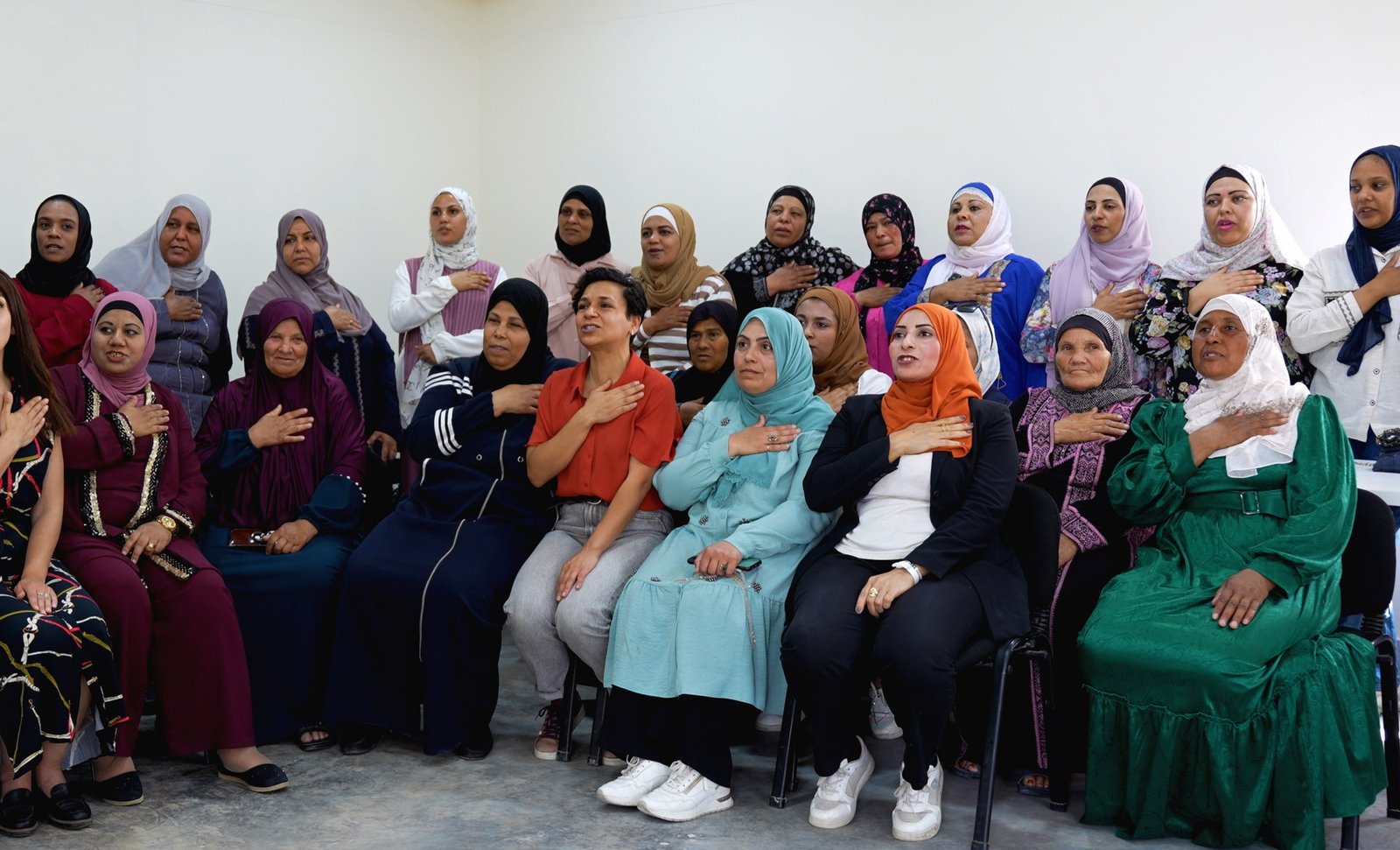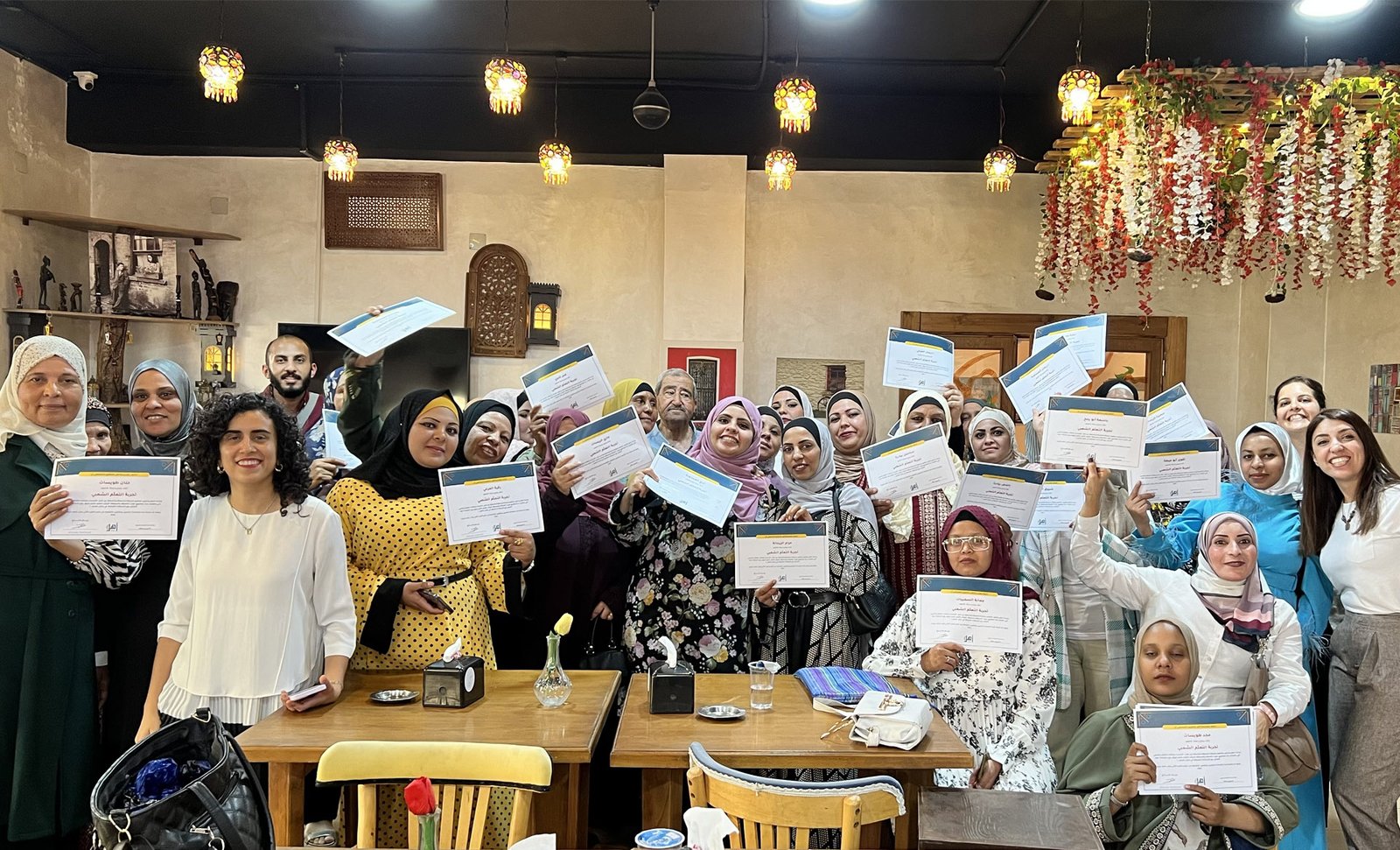A highlight by: Farah Halasa, Campaign Coaching Department Manager
Applying Paulo Freire’s Popular Education Approach in Two Campaigns in 2024
Why We Turned to Popular Education at Ahel
Popular education, as introduced by Paulo Freire, is a liberatory approach that empowers marginalized people to become active agents of change rather than waiting for a “savior.” It rejects education as a one-way transfer of knowledge and instead embraces a dialogical process that fosters critical consciousness. Through reflection and shared experiences, participants develop a collective awareness of oppression, building a shared analysis of their reality and a sense of personal and collective agency. This methodology equips communities to challenge domination, organize collectively, and drive lasting social change.
⮞ Popular Education and the Teachers from “Stand Up with the Teachers” Campaign
In 2024, Noor Dissi, my colleague in our campaign coaching team, took this recommendation forward by integrating popular education—a methodology Ahel has embraced since 2017 and adapted to align with community organizing principles.
A core group of 12 teachers was formed, with each pair of teachers mobilizing at least three additional teachers from their schools. Over five months, these teacher teams engaged in an educational journey that strengthened their internal cohesion. Though their initial wins may have seemed small, they were the foundation of a growing collective force within schools.
One of the campaign’s leaders, Majida Al-Nuweiri, shared her experience:
“I used to hesitate and fear confrontation when something didn’t feel right. But now, I am stronger, more confident in expressing my opinion, and I know I am never alone.”
⮞ Popular Education and Agricultural Workers’ Organizing
The “Our Strength is in Our Unity” campaign, which I had the privilege of coaching, is a powerful example of how popular education built a strong base of directly impacted leaders in 2024 before stepping into larger, high-stakes organizing efforts.
The campaign began with a six-month popular education journey, forming a core group of 10 agricultural workers from five areas. Each worker then mobilized seven colleagues, creating learning groups across different farms. Over seven sessions, they explored power, authority, justice, and collective action, reflecting on their lived experiences of injustice and the strategies they had used to resist it.
These exchanges became a vital resource for the campaign. In a defining moment, the workers drafted and signed a “Commitment to Supportive Practices”—a pledge to uphold their shared values and turn them into action.
Building on this foundation, they launched their first campaign to demand access to personal health and safety equipment in seven farms. Using a step-by-step organizing approach, they educated fellow workers on their rights, mobilized them for collective action, and directly presented their demands to farm owners. The campaign saw remarkable success, with 11 farms responding and providing the required health and safety tools.
This effort laid the groundwork for future campaigns, strengthening long-term organizing sustainability and paving the way for continued action toward justice for agricultural workers.
Popular Education and Agricultural Workers’ Organizing
Why the Use of Popular Education in These Two Campaigns Was a Transformative Organizing Success
The integration of popular education in these two campaigns was more than just a learning tool—it was a transformative organizing approach that strengthened leadership, deepened relationships, and expanded their reach. Here’s how:
- Fostering a Culture of Dialogue and Collective Commitment:
Teachers and agricultural workers developed habits of ongoing dialogue, active listening, and shared responsibility, creating space for constructive discussions and stronger collaboration.
- Strengthening Relationships Rooted in Shared Values:
The collective learning experience built deep, trust-based relationships, reinforcing a sense of mutual accountability and cooperation within each campaign.
- Empowering Action—Even in Small Steps:
Participants began asserting their agency in daily life, taking small but meaningful steps toward greater independence and awareness.
- Expanding Awareness of Rights and Collective Power:
Many, especially teachers, gained a deeper understanding of their rights and began taking action within the education system.
- Growing the Campaign Through Simple, Collective Action:
The participatory nature of this process allowed more teachers and workers to join naturally, without feeling pressured or overwhelmed.
Reflections on the Journey
Looking at these outcomes, this approach was a breakthrough in organizing—not only fostering collective engagement but also strengthening community ties, deepening shared values, and empowering individuals to take action. More than just raising awareness, it laid the foundation for a sustainable, people-led movement, ensuring that those most affected by injustice are leading the fight for change.
Personally, I am incredibly proud of this popular education journey—not just for how these workers built their collective power, but for how it pushed me to confront deep-seated ideas about power and control that I had carried since childhood. It compelled me to act—not just observe—as part of a collective movement for change.
To me, this is a true revolution—breaking the chains that hold us back from freeing ourselves from oppression in all its forms.
